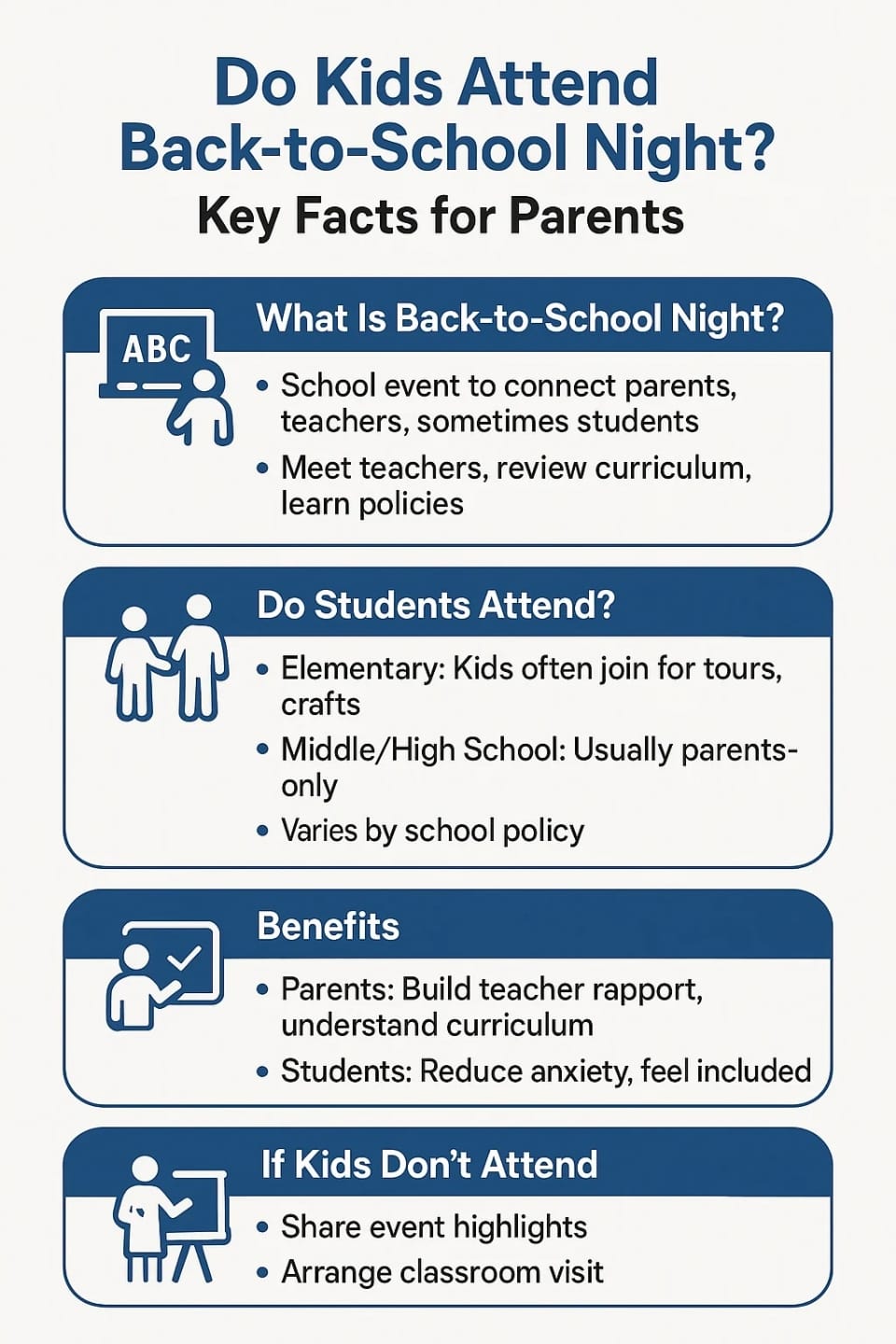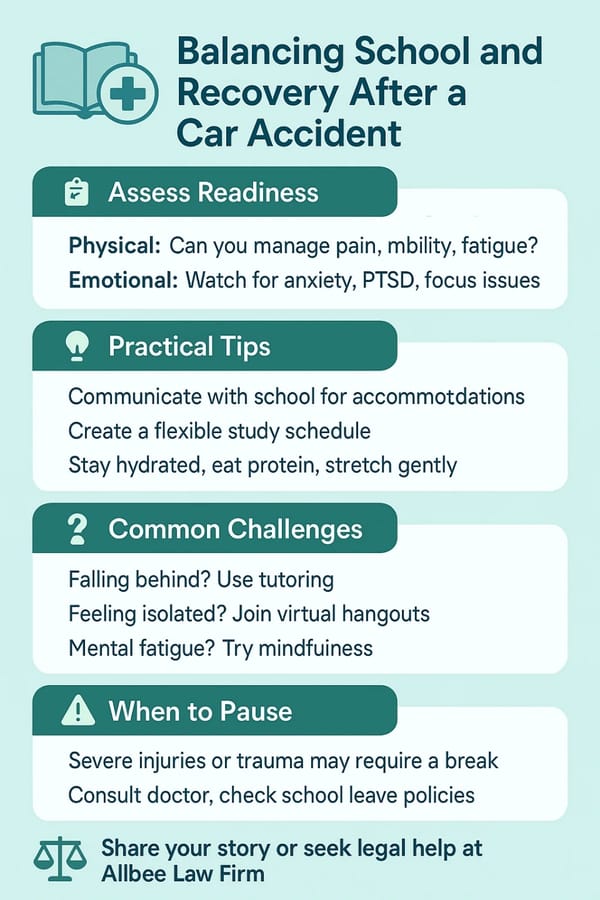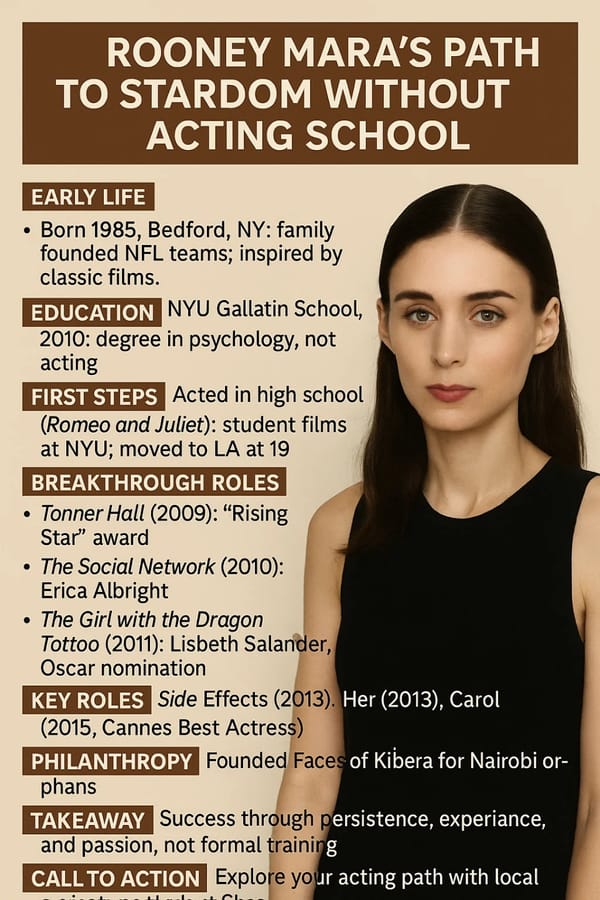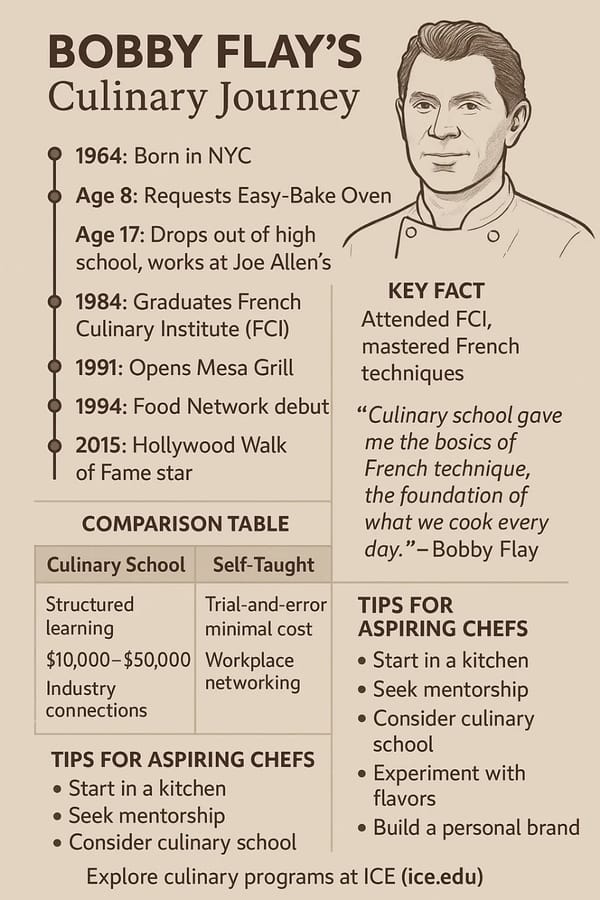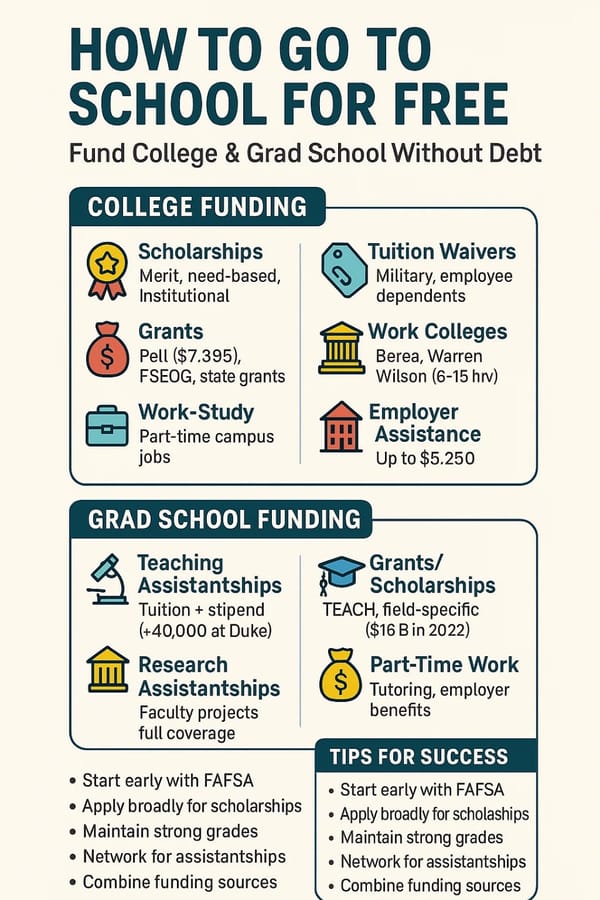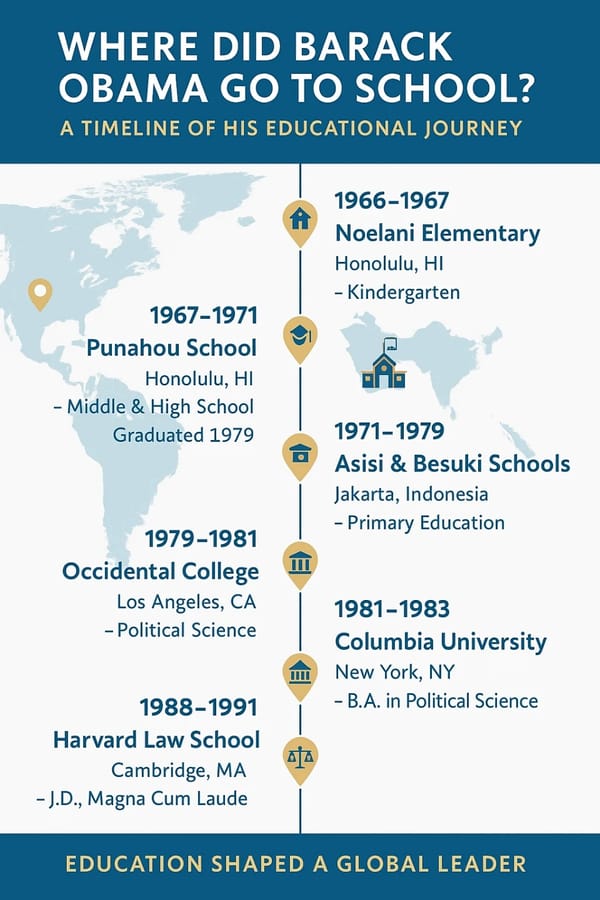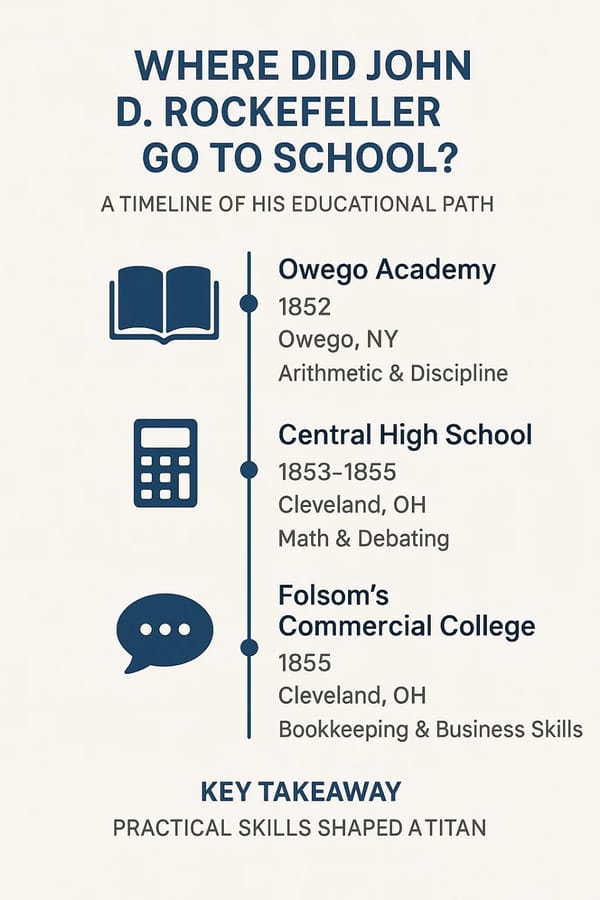Back-to-School Night Planning Tool
Create your personalized back-to-school night plan based on your child's grade level and your priorities
Your Personalized Back-to-School Night Plan
Attendance Recommendation
Preparation Checklist
Questions to Ask
After the Event
Do Kids or Students Attend Back-to-School Night? A Comprehensive Guide for Parents
Introduction: Why Back-to-School Night Matters
As the new school year approaches, you’re likely marking your calendar for back-to-school night—a key event that sets the tone for the academic year. It’s your chance to step into your child’s classroom, meet their teacher, and get a sneak peek at the curriculum. But one question often lingers: Do kids or students attend back-to-school night, or is it just for parents? The answer varies depending on your school’s approach, and understanding these differences can help you prepare. This comprehensive guide dives into whether students typically join, why this event matters, and how parents can make the most of it. Packed with research, practical tips, and personal insights, this article will equip you to navigate back-to-school night with confidence.[1]
Back-to-school night is more than a meet-and-greet; it’s the foundation for strong parent-teacher partnerships. Research from Child Trends shows that parental involvement in school events like this correlates with better grades, attendance, and behavior.[2] Whether your child attends or stays home, knowing the event’s purpose and structure is key to starting the school year right. Let’s explore what back-to-school night entails and who’s typically in the room.
What Is Back-to-School Night?
Defining the Event
Back-to-school night is a school-hosted event, usually held within the first few weeks of the academic year, designed to connect parents—and sometimes students—with teachers and the school community. It offers a glimpse into your child’s daily environment, from their classroom setup to their teacher’s expectations. According to GreatSchools.org, teachers use this time to share their teaching philosophy, outline the curriculum, and clarify classroom policies.
Typical activities include:
- Meeting the teacher to learn about their methods and background.
- Reviewing the curriculum, including major projects and assessments.
- Understanding grading standards, homework expectations, and classroom rules.
- Noting key dates, such as parent-teacher conferences or school holidays.
- Asking questions to address specific concerns.
Some schools also highlight extracurricular activities or volunteer opportunities, fostering community ties. As Positive Action notes, these interactions can significantly boost student success by strengthening parent-educator collaboration.
Personal Touch: A Parent’s Perspective
I’ve dashed through back-to-school nights, scribbling notes on homework policies and field trip dates. One year, my daughter’s elementary school welcomed students, and it was a game-changer. She proudly led me to her desk and introduced her teacher, easing her first-week nerves. In middle school, though, it was parents-only, and I valued the uninterrupted time to discuss academics. These experiences showed me that both formats—student-inclusive and parent-focused—offer unique benefits, depending on the school’s goals.
Do Kids or Students Attend Back-to-School Night?
The Short Answer: It Depends
Wondering if kids or students attend back-to-school night? There’s no universal rule—it hinges on school policy and often varies by grade level or district. Parents.com describes the event as a chance for “parents and students” to explore classrooms, meet faculty, and preview the school year, suggesting student involvement, particularly in elementary schools. Conversely, GreatSchools.org notes that some schools enforce a “no-children policy” to ensure parents can focus on teacher presentations, especially in middle and high schools.
Elementary Schools: Kids Often Welcome
Elementary schools frequently invite students to back-to-school night, creating a family-friendly atmosphere. Classpop.com explains that students may “meet their teacher, drop off supplies, and participate in fun activities” like scavenger hunts, crafts, or STEM challenges. These engagements spark excitement and help kids feel at ease in their new classroom. At my daughter’s school, a “classroom tour” let kids guide parents to their desks, creating a memorable bonding moment that set a positive tone for the year.
Middle and High Schools: Parents-Only Preferred
In middle and high schools, back-to-school night often shifts to a parents-only format. Teach Like Midgley emphasizes that these events are “usually just for parents to meet teachers,” facilitating detailed discussions about academics and policies. The goal is to allow parents to ask in-depth questions without distractions. However, GreatSchools.org mentions that some schools offer separate “orientation nights” where students are more likely to participate, ensuring they still connect with their environment.
Childcare and Alternatives
Childcare can be a hurdle for parents, and schools are increasingly addressing this. GreatSchools.org highlights that some schools provide on-site childcare during back-to-school night, making attendance easier. Others host alternative events, like open houses or student-led tours, where kids are explicitly included. If your school excludes students from the main event, check for these options to help your child feel involved.
Table: Student Attendance by School Level
Here’s a breakdown of typical attendance practices:
| School Level | Student Attendance | Typical Activities for Students | Source |
|---|---|---|---|
| Elementary | Often included | Classroom tours, crafts, meeting teachers | Parents.com |
| Middle School | Usually parents-only | Limited, may attend orientation nights | GreatSchools.org |
| High School | Typically parents-only | Rare, separate student events possible | Teach Like Midgley |
This table highlights the trend: younger students are more likely to attend, while older students typically skip the event.
Benefits of Back-to-School Night
For Parents
Back-to-school night is a treasure trove for parents, offering:
- Teacher Connections: Face-to-face meetings build trust and open communication channels, as noted by Positive Action.
- Curriculum Insights: Understanding the academic plan helps parents support learning at home.
- Policy Clarity: Details on grading, attendance, and behavior expectations align parents with school standards.
- Community Building: Networking with other parents creates valuable support systems.
For Students (If They Attend)
When students join, they benefit from:
- Teacher Rapport: Early interactions reduce anxiety, especially for shy kids.
- Classroom Comfort: Exploring the space makes it feel familiar, easing transitions.
- Engagement: Activities like those on Classpop.com—STEM challenges or art tours—ignite enthusiasm.
- Sense of Belonging: Participation reinforces their role in the school community.
If students don’t attend, parents can share highlights to keep them engaged. After a parents-only event, I’d tell my kids about their teacher’s favorite book or an upcoming project, sparking their excitement for the year.
The Controversy: Should Students Attend?
The question of student attendance sparks debate. Some, like Parents.com, argue that including students fosters belonging and reduces anxiety by letting them meet teachers early. Others, per GreatSchools.org, support a parents-only format for focused discussions on academics and individual needs. Both perspectives have merit:
- Pro-Student Attendance: Engages kids, builds excitement, and eases transitions.
- Pro-Parents-Only: Enables deeper conversations without distractions.
The “right” approach depends on the school’s objectives and the child’s age. Elementary schools prioritize engagement, while secondary schools focus on parents. Checking your school’s policy clarifies what to expect.
How Parents Can Prepare for Back-to-School Night
A little preparation can maximize your back-to-school night experience. Here are actionable tips:
- Check Details: Review school emails or flyers for the event’s date, time, and location.
- List Questions: Note concerns, like homework policies or ways to support your child’s learning, to discuss with the teacher.
- Gather Supplies: Bring items for drop-off, as suggested by Classpop.com.
- Arrange Childcare: If students aren’t allowed, secure childcare or confirm school-provided options, per GreatSchools.org.
- Arrive Early: Get there early to settle in and catch all key information.
- Take Notes: Record teacher contacts, important dates, and curriculum highlights.
- Introduce Yourself: Share a brief detail about your child to personalize the connection.
- Network: Connect with other parents to build a support network.
These steps ensure you leave informed and ready to support your child’s education.
If Students Don’t Attend: Bridging the Gap
If back-to-school night is parents-only, you can still involve your child:
- Share Highlights: Discuss the teacher’s personality or upcoming projects to build anticipation.
- Visit the School: Arrange a separate classroom tour, if possible.
- Encourage Questions: Let your child ask about their teacher or schedule to feel included.
- Attend Other Events: Seek student-friendly events, like open houses, for connection opportunities.
These actions keep kids engaged, even if they miss the main event.
Conclusion: Setting the Stage for a Stellar School Year
Back-to-school night is a critical opportunity to kick off the academic year with clarity and connection. Whether students attend depends on school policy—elementary schools often welcome kids for engagement, while middle and high schools typically host parents-only events for focus. Research from Child Trends and Positive Action underscores the value of parental involvement, making this event essential for families.
To make the most of it, verify your school’s policy, prepare thoughtful questions, and participate actively. If students don’t attend, share the experience to keep them in the loop. Your involvement lays the groundwork for a successful school year. Got a back-to-school night tip or story to share? Drop it in the comments or connect with other parents to exchange ideas!
Back-to-school night practices vary, so always confirm with your school. ↩︎
Parental involvement in school events is linked to improved student outcomes, per Child Trends. ↩︎
